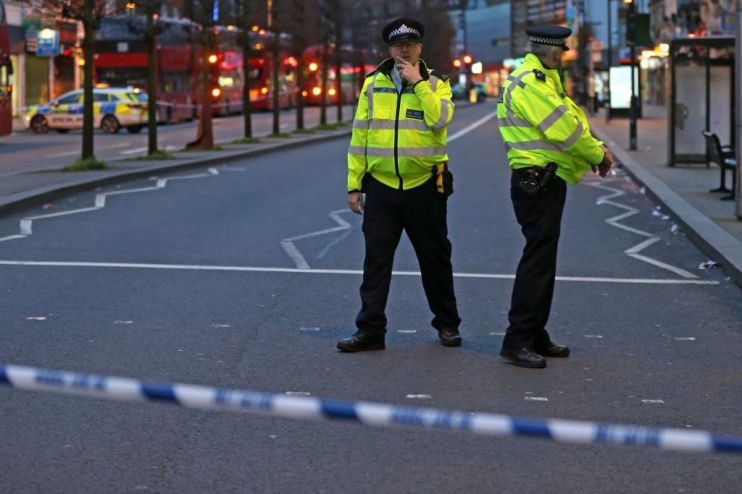The new counter-terror bill threatens our civil liberties and our justice system

As More points out to Roper in A Man For All Seasons, if you flatten all the laws in England to get to the devil, you will have no protection when he turns round to meet you.
This often goes to the heart of questions of individual liberty. You may one day need to rely on the protections that have been flattened for ostensibly good reasons.
What seems desirable or even necessary at one time can create more problems than it solves — if, indeed, it solves any problem at all.
Certainly, the attack on Streatham High Road in February pointed to a problem that seemed to demand a swift solution. It was the third attack in London described by police as terror-related since the threat level was downgraded in November last year.
But the solution now proposed — the Counter-Terrorism and Sentencing Bill, which has its second reading in the House of Commons today — is no such thing.
First and foremost, this is a Bill concerned with incarceration rather than addressing the underlying causes of terrorism. In the long term, such a focus risks increasing the likelihood of division and radicalisation.
As the father of Jack Merritt, the 25 year old prison rehabilitation worker and Cambridge graduate killed on London Bridge in November, has said, longer sentencing often means “spewing people out further down the line, when they’ve been associating with other people of like minds”. One unnamed prison worker who works to de-radicalise jailed terrorists has called plans to keep extremists in prison for longer “crazy”.
There is a real risk that, by selling harsher sentencing as a complete solution to extremism, the government will exempt itself from its responsibility to deal with the origins of terrorism based on evidence. This would be spectacularly short-sighted.
Aside from lengthening the sentences of people convicted of terror offences, the Bill will also permit the government to indefinitely restrict the movement of terrorism suspects who have not been convicted of anything.
It includes the reintroduction in all but name of so-called “control orders”, introduced under Tony Blair and done away with and replaced with measures deemed less intrusive by the coalition government in 2011. These empower the government to place people on indefinite house arrest without trial, which can be justified by mere suspicion rather than hard evidence.
In 2006, Justice Jeremy Sullivan said the use of control orders was wholly incompatible with the right to fair proceedings. Whatever they may have done, individuals suspected of having committed a crime have a right to a fair trial; this is a fundamental part of what we mean by human rights.
The Bill also lowers the standard of proof needed to use Terrorism Prevention and Investigation Measures (TPIMs), which replaced control orders, and removes the two-year ceiling on their use.
What this means in practice is that a person may be stripped of their passport, tagged, and placed under indefinite curfew on the basis of “secret intelligence”, without trial.
Jonathan Hall QC, the independent reviewer of terrorism legislation, might have chosen slightly stronger language when he said he was “uncomfortable” with “big changes” to TPIMs, which entail “getting rid of protections for individual rights that don’t appear to have caused any real problems to date”. He rightly added that the burden was on the government to explain “why safeguards built up over the years should now be lost”. An explanation has not been forthcoming.
That the Bill has been so hastily introduced at a time when the political and media focus is very much elsewhere should at least raise an eyebrow.
The government has proposed a raft of significant legal changes which call into question the very notion of the presumption of innocence. Such a Bill demands the kind of scrutiny that our present health crisis makes almost impossible.
The solution to the gaps in the existing counter-terrorism strategy must be to review any failings in the light of the evidence. Instead, what we are seeing is an aggressive assault on civil liberties.
As it is, the passing of what the Ministry of Justice describes as the “biggest overhaul of terrorist sentencing and monitoring in decades” seems depressingly inevitable. There has been next to no resistance from Labour. Sir Keir Starmer has given it his blessing; so too has David Lammy, the shadow justice secretary.
But hard cases often make bad law. Clothed in the language of public safety, and partially shielded from proper scrutiny by the changes forced on us by coronavirus, here is a Bill that threatens both individual liberty and fundamental elements of the justice system.
We risk weakening or giving away entirely part of what is most precious in our society.
Main image credit: Getty